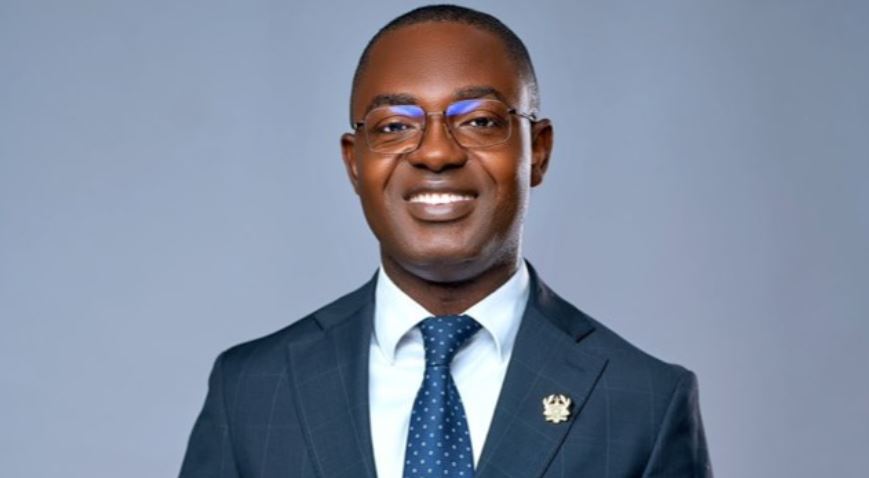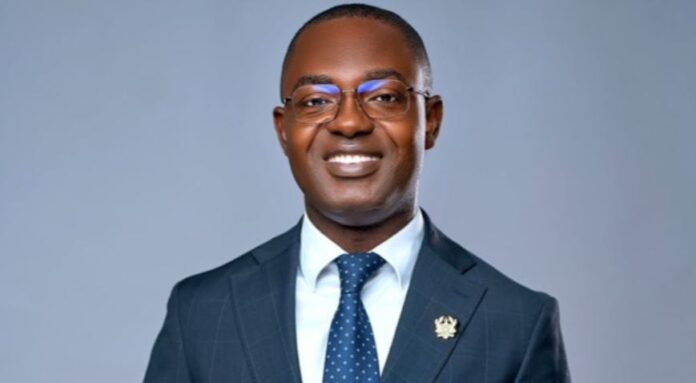
The Private Universities Students’ Association of Ghana (PUSAG) has unequivocally commended the Ghana Tertiary Education Commission (GTEC) for its recent actions against unaccredited tertiary institutions, following the arrest of Raphael Nyarkotey Obu, founder of the unauthorised Nyarkotey University College of Holistic Medicine and Technology.
PUSAG emphasised that these bold steps are crucial for upholding quality assurance in higher education and safeguarding thousands of Ghanaian students from academic and financial exploitation.
The extent of the crisis is alarming, as PUSAG revealed that over 3,500 students from 22 unaccredited institutions for the upcoming 2025/2026 National Service Scheme (NSS) have already had their national service opportunities affected.
This devastating revelation underscores the impact of enrolling in unapproved institutions, threatening the future of many young Ghanaians who rely on national service as a mandatory requirement for employment in various sectors, particularly in the public service.
Students enrolled in unapproved institutions face a cascade of dire consequences that extend far beyond the invalidation of their degrees:
Ineligibility for National Service: As highlighted, this is a significant barrier to employment, as the National Service Scheme (NSS) is a compulsory one-year service for all Ghanaian graduates aged 18 and above who complete approved tertiary courses. Without completing NSS, graduates are largely excluded from formal sector employment in Ghana.
Disqualification from Students Loan Trust Fund (SLTF): Students from unaccredited institutions are ineligible for vital educational support programmes like the SLTF. The SLTF explicitly states that an applicant must “have gained admission to study an accredited tertiary programme in an accredited tertiary institution in Ghana” to qualify for a loan. This denies financial aid to those who often need it most.
Rejection by Employers and Postgraduate Institutions: Degrees and qualifications obtained from unaccredited institutions are generally not recognised by employers in Ghana, both public and private. Similarly, accredited local and international postgraduate institutions will reject such academic qualifications, effectively closing doors to further education and career advancement.
As the national student body representing private tertiary institutions, PUSAG affirmed its proactive measures to combat the pervasive threat of unaccredited institutions:
Accreditation Verification Drive: PUSAG has initiated a nationwide exercise to verify the accreditation status of every private university and college operating in Ghana. This proactive step aims to provide students with a reliable, independent source to confirm the legitimacy of their chosen institutions.
Public Awareness Campaigns: The Association pledged to launch joint education drives with GTEC. These campaigns will focus on equipping prospective students and their families with the necessary information and tools to verify institutions’ accreditation status and identify potential scams before enrollment. GTEC’s website, for instance, provides a list of accredited institutions and programs, which is a vital resource.
Policy Advocacy and Collaboration: PUSAG committed to ongoing collaboration with GTEC and other stakeholders, including the Ministry of Education and civil society organizations, to strengthen enforcement mechanisms and close regulatory loopholes that allow unaccredited entities to operate.
Ibrahim Issah, National President of PUSAG, urged all students, parents, and guardians to exercise extreme caution and diligence.
“PUSAG urges all students, parents, and guardians to verify the accreditation status of any tertiary institution before enrolling. Information can be confirmed directly via the GTEC website or through PUSAG’s helpdesk,” he stated in a press release.
He also called on the broader society to join the fight against academic fraud.
“We also call on the media, civil society, and the wider public to support the national campaign against academic fraud. Education is not just a personal aspiration—it is a national asset that must be protected.”
The current crackdown by GTEC, exemplified by recent arrests and public warnings against the misuse of academic titles, signals a heightened commitment by regulatory bodies to clean up the tertiary education sector. This collaborative effort between GTEC and student bodies like PUSAG is crucial to ensure that the significant financial and time investments made by Ghanaian students in their education yield recognized and valuable qualifications.
“The future of Ghana’s students must never be compromised. PUSAG stands firmly with GTEC and all regulatory bodies working to preserve the integrity and credibility of Ghana’s tertiary education system,” Issah concluded.
“Together, we can ensure that every Ghanaian student receives the quality education they deserve — accredited, recognized, and respected.”
DISCLAIMER: The Views, Comments, Opinions, Contributions and Statements made by Readers and Contributors on this platform do not necessarily represent the views or policy of Multimedia Group Limited.
DISCLAIMER: The Views, Comments, Opinions, Contributions and Statements made by Readers and Contributors on this platform do not necessarily represent the views or policy of Multimedia Group Limited.


